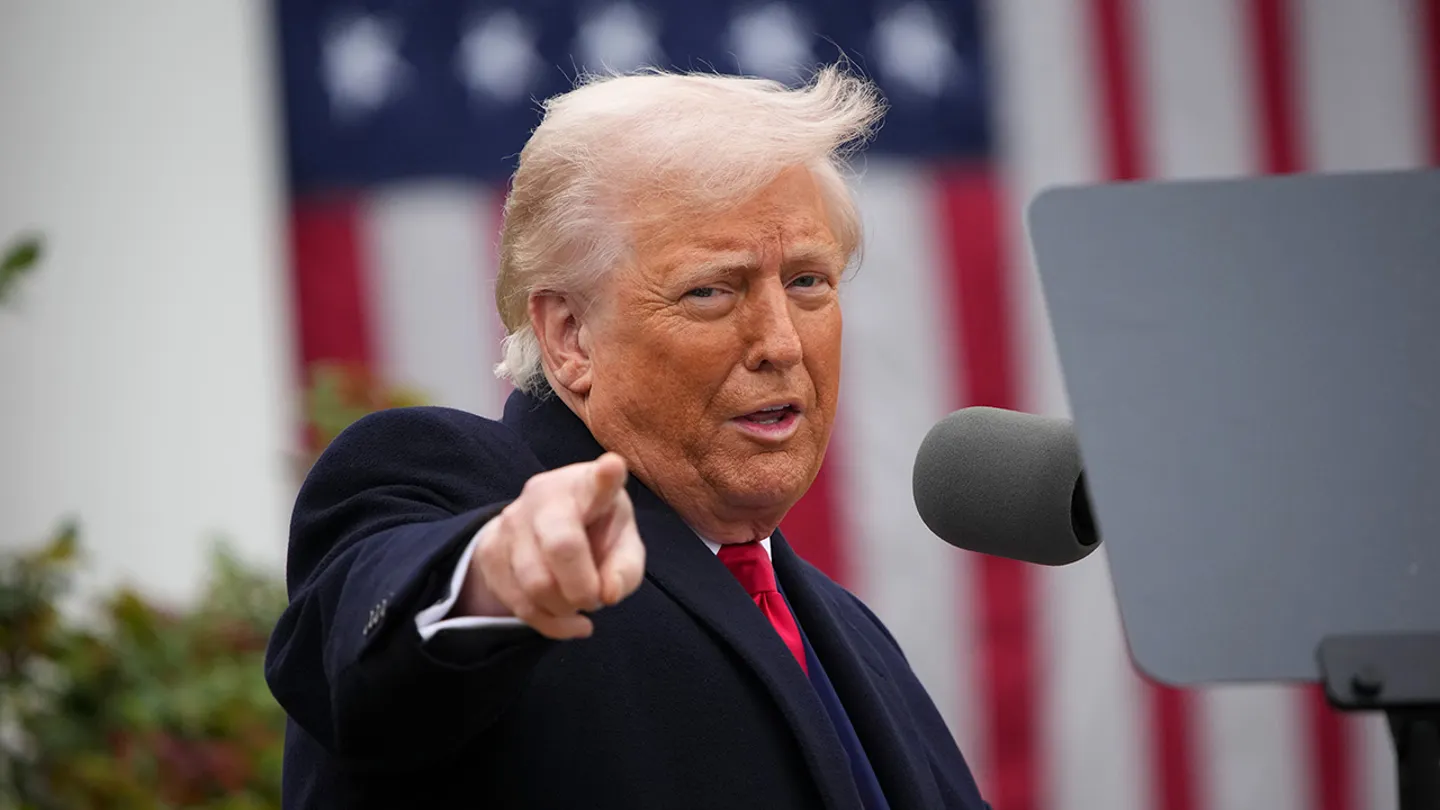### The Evolving Landscape of Government Agencies Under Current Administration
#### Introduction to Changes in Government Operations
Since entering office, President Trump’s administration has embarked on widespread changes across federal agencies, marked by significant staff cuts, implementation of new policies, and controversies regarding misinformation. These shifts have sparked discussions on their implications for the future functionality of government operations and their overall impact on governance.
#### Understanding the Impact of Deep Staff Reductions
One of the most notable changes has been the deep staff reductions across various government agencies. This move has raised concerns about the efficiency and effectiveness of government services that millions of Americans rely on daily. Reduced staff levels can lead to slower processing times, reduced oversight, and potentially less effective implementation of public services. The decision to cut down on staff appears to be part of a broader strategy to streamline government operations, but critiques suggest it might weaken the agencies’ ability to serve the public adequately.
#### Navigating Through New Policy Implementations
Alongside staffing changes, there has been a significant shift in policies under the current administration. New policies have been implemented that shape everything from environmental regulations to healthcare management. Each policy shift brings with it a set of challenges and adjustments that agencies must navigate. Adapting to these changes requires flexibility and resilience from both the existing staff and the administration.
While each policy change reflects the administration’s priorities, it is essential to consider how these adjustments align with the overall welfare of the public. Stakeholders, including citizens, advocacy groups, and other governmental entities, often weigh in on these changes, advocating for revisions that they believe will benefit the public good.
#### The Challenge of Misinformation
An equally concerning issue is the spread of misinformation, which has become more prevalent under the current administration. Misinformation can distort public understanding of key policies and governance, leading to confusion and mistrust among the citizens. Tackling misinformation is crucial because it directly impacts the public’s perception and interaction with the government.
Educational programs, transparent communication, and fact-checking services are vital tools in combating misinformation. Strengthening these tools can help ensure that the public receives accurate information, which is essential for maintaining informed citizenry and robust democratic processes.
#### Conclusion: Looking Forward
The ongoing changes within the federal agencies under President Trump’s administration present both challenges and opportunities. While the reductions in staff and shifts in policy reflect a new direction in government operation, how these changes are implemented and received will determine their success or failure.
As we continue to observe these transformations, it is crucial for both the government and the public to engage in open, informed dialogues. Such discussions can foster a more transparent and effective government that truly serves its people. Keeping the lines of communication open and actively addressing misinformation are essential steps in ensuring that the government maintains its integrity and accountability.
As the landscape of government agencies evolves, the ultimate goal should be to enhance service to the public, ensuring that all actions taken are in the best interests of the citizens. Navigating through these changes will require a concerted effort from all stakeholders involved.
In conclusion, the evolution of government operations under the Trump administration is a complex issue that requires careful examination and thoughtful discourse to fully understand its impacts and forge a path forward that benefits all.










